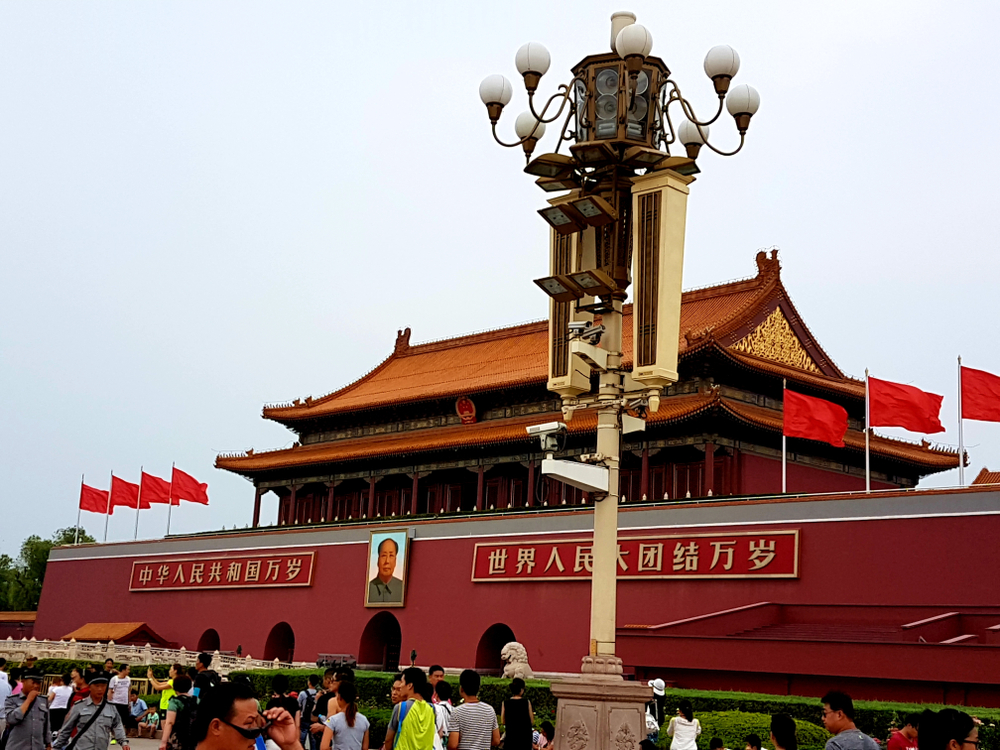The historical Lama Temple area in Beijing has a recent tech makeover, as 233 old lampposts and road signs are replaced by 79 smart lampposts.
The move is one of the latest attempts by the municipal authority to promote local 5G industry and transform the ancient capital into a modern smart city.
Beijing’s 5G industry development action plan for the period 2019-2022, published earlier this year, set out astrategy to research and implement standards for smart lampposts, street devices that would incorporate functions such as lighting, traffic monitoring, road signs, telecoms base stations, and environmental monitoring.
Beijing’s Haidian District is installing smart lampposts in 17 streets around Zhongguancun, China’s answer to Silicon Valley. Some of these smart lampposts come with surveillance cameras which enable them to track traffic violations, according to the Beijing Evening News.
Similar smart lampposts can also be found in some parts of Tongzhou District, Beijing’s subsidiary administrative center. Tongzhou authority said these new smart lampposts can monitor air quality and parking violations, besides providing 5G network coverage and direction services, according to the Beijing Daily.
The Chinese capital is a latecomer in the adoption of smart lampposts, which debuted in Shanghai nearly four years ago.
Beijing’s cousin city Tianjin installed 400 smart lampposts in the Sino-Singapore Tianjin Eco-City last July. Tianjin’s smart lampposts can monitor the density of key air pollution indicators, such as PM 2.5, PM 10 and sulfur dioxide, and inform local environmental authorities once the pollution reaches national safety levels.
Globally, advocates of the smart lampposts estimated that replacing old streetlights in Europe with smart lampposts could potentially save taxpayers more than EUR 2 billion a year.
Hong Kong, a special administrative region of the country, announced last year that it would install about 400 multi-functional smart lampposts in the next three years to enhance the collection of real-time city-data.
Despite all the promises related to the smart lampposts technology, the public is increasingly concerned about privacy issues related to the presence of such devices onto the streets.
Protestors in Hong Kong cut down one smart lamppost and damaged 19 more last month, believing such street devices could be used in surveilling the public.
